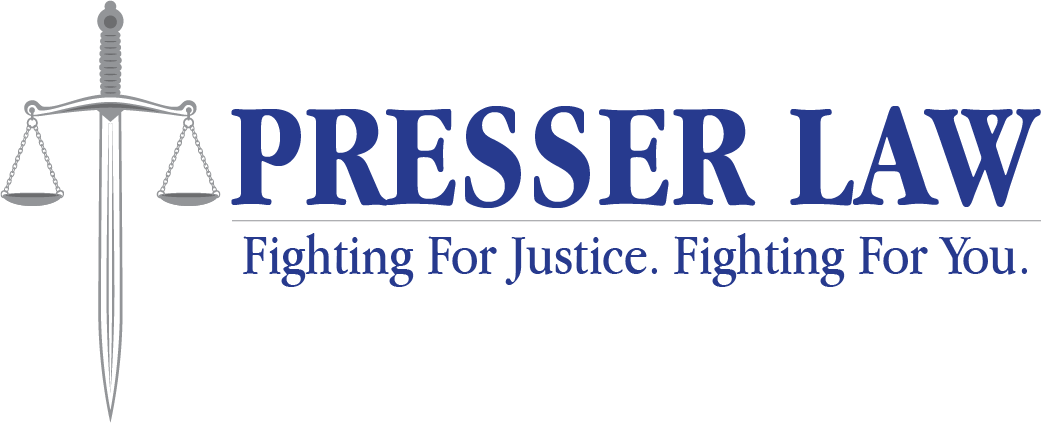
One paramount concern for families of the aging population is to ensure that their well-being and safety is kept at the forefront. This responsibility entails not only providing quality care but also adhering to a complex web of legal regulations and standards. Our nursing home lawyer will share that understanding these legal issues is essential for both families and nursing home staff to ensure that residents’ rights are protected and their needs are met.
Resident Rights And Legal Protections
One of the fundamental legal issues in nursing home care is safeguarding the rights of residents. Federal and state laws provide a comprehensive framework to protect these rights. The Nursing Home Reform Act of 1987 is a cornerstone in this regard, establishing standards for resident care and rights. This act mandates that residents must receive proper medical care, be treated with dignity, and have the right to participate in decisions about their care. Nursing homes must also provide a safe and clean environment and ensure that residents are free from abuse, neglect, and exploitation.
In addition to federal regulations, states have their own laws that further define and protect residents’ rights. These can include specific requirements for staffing levels, training for caregivers, and the handling of complaints and grievances. It’s crucial for families to be aware of both federal and state regulations to fully understand the protections available to their loved ones.
Informed Consent And Medical Decisions
Another critical legal issue in nursing home care involves informed consent and medical decision-making. Residents, or their legally authorized representatives, have the right to be fully informed about their medical condition and treatment options. This includes understanding the risks and benefits of proposed treatments and the right to refuse treatment.
When there is a dispute over a resident’s capacity to make their own decisions, legal complications may arise. In such cases, a lawyer can help families deal with the process of establishing guardianship or power of attorney, ensuring that the resident’s best interests are prioritized. Clear communication and proper documentation are key to avoiding conflicts and ensuring that residents’ wishes are respected.
Abuse And Neglect
Unfortunately, instances of abuse and neglect in nursing homes are not uncommon, making it a significant legal issue. Abuse can be physical, emotional, sexual, or financial. Neglect, on the other hand, refers to the failure to provide necessary care, resulting in harm or distress to the resident.
Legal recourse is available for victims of abuse and neglect through both civil and criminal courts. Families can file lawsuits against nursing homes for damages resulting from abuse or neglect, and perpetrators can face criminal charges. Attorneys like those at Brown Kiely LLP can attest to the importance of holding nursing homes accountable and ensuring that justice is served for affected residents.
Admission Agreements And Contracts
When a loved one enters a nursing home, families are often required to sign admission agreements and contracts. These documents outline the terms of care, services provided, and financial obligations. It is essential to carefully review these agreements to understand the rights and responsibilities of both the resident and the nursing home.
Legal issues can arise if there are clauses in the contract that are unclear or potentially exploitative. For example, some agreements may contain arbitration clauses that require disputes to be resolved outside of court, which can limit the resident’s legal options. Consulting with a lawyer before signing these documents can help families make informed decisions and avoid potential pitfalls.
Compliance With Regulatory Standards
Nursing homes must comply with a myriad of regulatory standards to maintain their licenses and certifications. These standards are set by federal and state agencies and cover various aspects of care, from staffing levels and training to health and safety protocols. Non-compliance can result in penalties, fines, or even closure of the facility.
Regular inspections and audits are conducted to ensure compliance with these standards. When violations are found, nursing homes must take corrective action to address the issues. Families should be aware of the regulatory framework and the inspection results of their chosen facility to ensure it meets the required standards of care.
Ensuring Legal Compliance In Nursing Home Care
The legal landscape surrounding nursing home care is complex and multifaceted, encompassing residents’ rights, informed consent, abuse and neglect, admission agreements, and regulatory compliance. To ensure that residents receive the care and protection they deserve, it’s critical to have an understanding of these key legal issues. Families and nursing homes alike must stay informed and vigilant to uphold the highest standards of care and to safeguard the well-being of their loved ones. By addressing these legal challenges head-on, we can work towards a safer and more compassionate environment for our elderly population.






